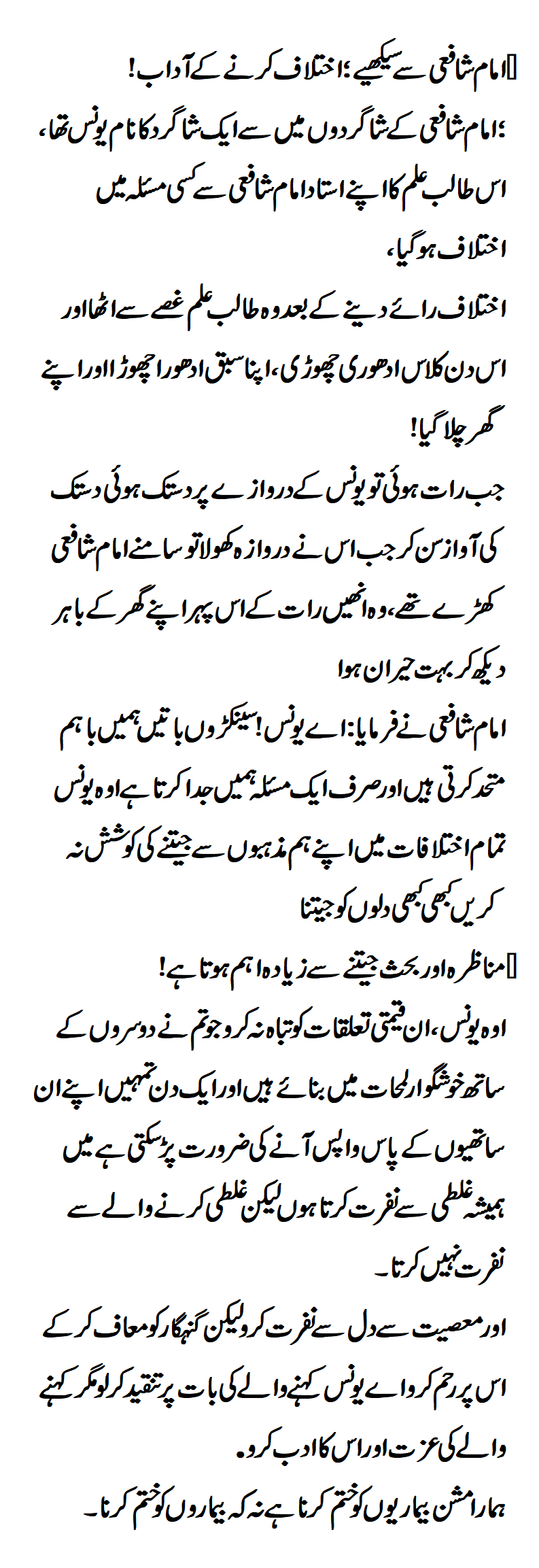Associate Professor of Arabic and Islamic Studies,
The University of Michigan
A lecture presented on Friday 24 November 2000 at the Islamic Council of New South Wales Hall in Sydney, organised by the Federation of Australian Muslim Students and Youth (FAMSY). Reprinted from SALAM Magazine http://www.famsy.com/salam
In the Name of Allah, The Beneficent, The Merciful. Peace be upon you, and The Mercy and Blessings of Allah.
First I would like to thank the members of FAMSY for affording me this wonderful opportunity to come to Australia. I would like to extend to them on behalf of myself, my wife and the Muslims of America our most heartfelt thanks for the wonderful hospitality that has been shown to us throughout our stay in Australia. This will truly be one of the more memorable periods in our lives and that we would take back to the United States wonderful news about the developments that we have seen in the Muslim community here in Australia.
Islamic Civics
My topic tonight is entitled “The Etiquette of Disagreement”, and I think that sometimes the titles to things have everything to do with how they are understood. Some of us believe that a topic like “The Etiquette of Disagreement” is one of those topics that scholars and the ulamaa up in some ivory tower discuss and that it has very little to do with our everyday life, on the level of our everyday activities. What I want to propose to you tonight is that what we’re really talking about is a lesson in Islamic Civics.
Where I come from in the United States public education is compulsory still in many states up until the age of sixteen. In some states its not compulsory but only because in those states they allow for private education, you can arrange for the education of your own child in your own home; but education is compulsory. Part of that education is what we call Civics (in some schools they call it Government while in other schools it is called Social Studies).
These are lessons that are designed to prepare students to grow up to be citizens; to live in a society in such a way that they will be productive. That they will be able to contribute to the society — they will be a positive addition to the society and that they will promote the interest of the society as defined by the society’s leaders. What I want to propose tonight is that we need to get back to Islamic Civics, of how we as Muslims can function as productive individuals in groups in society in such a way that we promote the interests of Islam.

We further the integrity of the religion and that we support the furthering of our interests both in terms of our activities among ourselves and what we deliver to the rest of the world. Now I think it’s a forgone conclusion with all of those ayat that we have in the Quran that Allah (swt) has not asked,but commanded us as a community to love one another and to promote unity.
And there are many ayat in the Quran just to name a few: “Those who divide up their religion and become groups unto themselves you have nothing to do with them Muhammad”; “And do not be like those who divided themselves up and differed among themselves after clear signs have come to them and these are the people whom will receive a grievous penalty.”